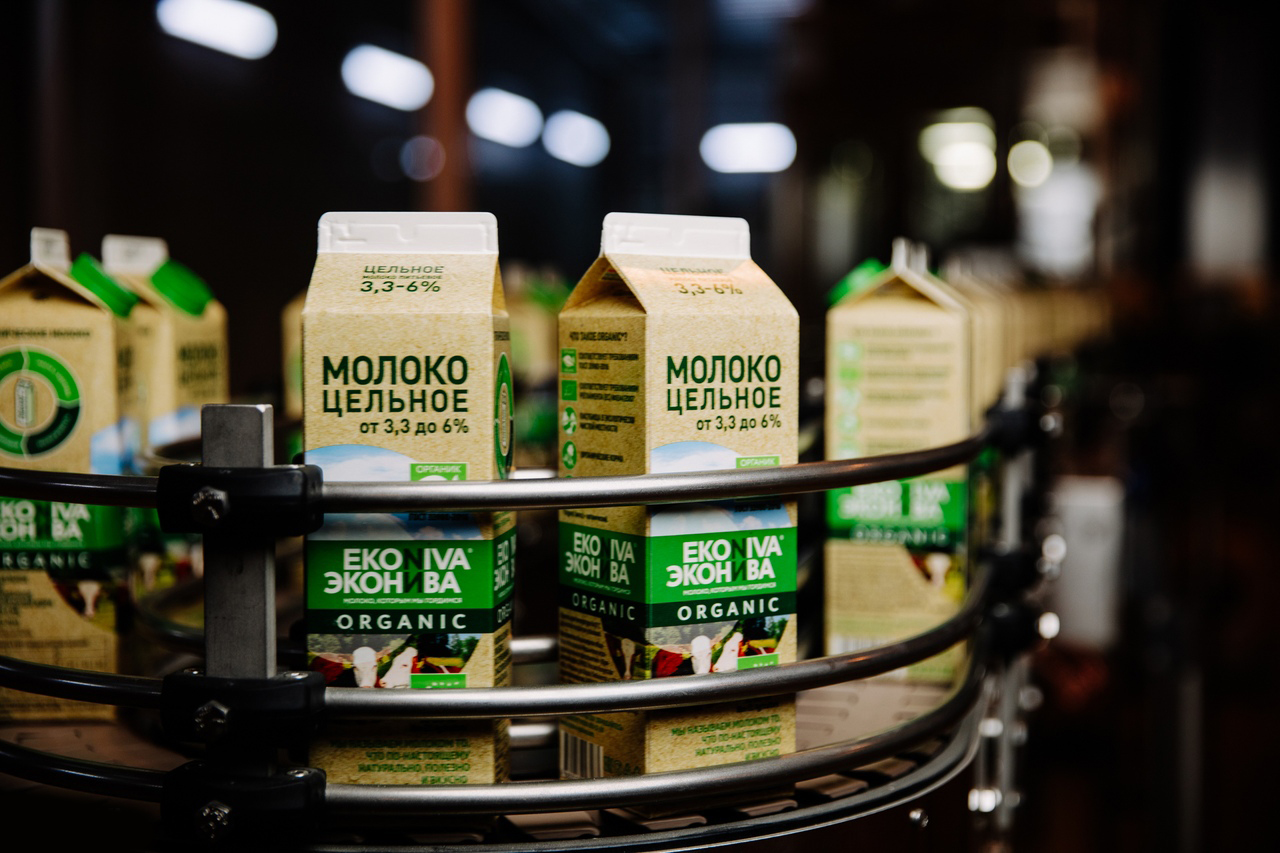Organic food is gaining momentum
23 April 2021 News from the Company
What organic products are becoming increasingly popular with Russians and why some manufacturers see no point in organic production? These issues were raised at the online forum dedicated to the World Quality Day.

Right from the beginning, Sergey Belousov, Vice Chairman of the Federation Council Committee for Agricultural and Food Policy and Environmental Management, set an optimistic tone for the conversation.
‘Organic production must become a new growth area in the Russian farming sector’, emphasized the spokesman. ‘Sustainable farming is our top priority, and we need to join hands to reach the desired goal.’
According to Roskachestvo (Russian Quality System autonomous non-profit organization), joint effort of all organic movement participants will help to solve the most pressing issues.
‘Today, Roskachestvo is already authorized to certify Russian organic products’, says Yelena Saratseva, Deputy Director of the organization. ‘Currently, we are in the process of another important accreditation, after which we will be able to certify goods for export.’
Harald Ulmer, Expert of the German-Russian Agricultural Policy Dialogue, shared his experience of developing organic agriculture in Germany.
‘The German government intends to expand the organic farmland by 20% by 2030’, says the expert. ‘Due to the global lockdown, people have started using online shopping platforms more often. The share of online organic foods sales is constantly growing as healthy eating habits and living in pollution-free areas are becoming more and more popular.’
Polina Murashkina, Head of the Quality Department of Globus retail chain, confirmed that sales of organic products increased on average by 50% during the coronavirus pandemic.
‘Now, consumers are placing a higher value on organic products and their eco-friendly packaging’, says the expert. ‘The current trends are organic flour, coconut milk and sugar, maple syrup and olive oil. Organic wine is at the top of the list.’
In the rural areas, eco produce does not easily find ready markets since local buyers tend to choose cheaper goods. Anatoliy Nakaryakov, Organic Production Director at EkoNiva-APK Holding, believes that farmers in many regions are not fully aware of the organic market potential and therefore are not very motivated to switch to eco-farming.
‘Agricultural producers are ignorant about the existing state standards and the export opportunities’, continues Anatoliy Nakaryakov. ‘Moreover, there is an acute shortage of specialists in this sector. It is essential to devise an integrated training program and provide additional governmental support to reimburse the conversion costs at least for the first two years.’
By Darya Denisova
